Best movies like Black Rain
A unique, carefully handpicked, selection of the best movies like Black Rain Starring Yoshiko Tanaka, Kazuo Kitamura, Etsuko Ichihara, Masato Yamada, and more. If you liked Black Rain then you may also like: Day One, War Requiem, Nightbreaker, Rhapsody in August, The Atomic Cafe and many more popular movies featured on this list. You can further filter the list even more or get a random selection from the list of similar movies, to make your selection even easier.
Shigematsu Shizuma lives with his senile mother, his wife Shigeko, and his niece Yasuko in a village near Fukuyama. He, his wife, his niece and his close friends in the village were present at the atomic bombing of Hiroshima. The Shizumas look for prospective husbands for Yasuko, but find that the families withdraw on finding out she was at Hiroshima.
Black Rain
You may filter the list of movies on this page for a more refined, personalized selection of movies.
Still not sure what to watch click the recommend buttun below to get a movie recommendation selected from all the movies on this list
War Requiem
A film with no spoken dialogue, just follows the music and lyrics of Benjamin Britten's "War Requiem, which include WWI soldier poet Wilfred Owen's poems reflecting the war's horrors. It shows the story of an Englishman soldier (Wilfred Owen) and a nurse (his bride) during World War I. It also includes actual footage of contemporary wars (WWII, Vietnam, Angola, etc.)
Nightbreaker
Dr. Alexander Brown (Martin Sheen) arrives in Las Vegas, awarded for his recent medical invention. An ex-G.I. tells Brown he was a test subject during the 1950's, exposed to atomic bomb radiation in the Nevada desert-- will Brown help the man uncover the truth? In 1950's Nevada, Brown (played by Emilio Estevez) is a young psychiatrist and a guest of the U.S. Army, where soldiers were routinely exposed to excessive radiation. The young Brown and a colleague interview soldiers, who show their ignorance and insouciance in the face of this danger. The movie intercuts scenes between the young Alexander Brown and older Alexander Brown, some thirty years after the nuclear tests. Will the decorated psychiatrist finally speak out on the atrocity he witnessed?
Rhapsody in August
The story centers on an elderly hibakusha, whose husband was one of 80,000 human beings killed in the 1945 atomic bombing of Nagasaki, caring for her four grandchildren over the summer. She learns of a long-lost brother, Suzujiro, living in Hawaii who wants her to visit him before he dies.
The Atomic Cafe
A disturbing collection of 1940s and 1950s United States government-issued propaganda films designed to reassure Americans that the atomic bomb was not a threat to their safety.
Black Rain
Two New York cops get involved in a gang war between members of the Yakuza, the Japanese Mafia. They arrest one of their killers and are ordered to escort him back to Japan. However, in Japan he manages to escape, and as they try to track him down, they get deeper and deeper into the Japanese Mafia scene and they have to learn that they can only win by playing the game—the Japanese way.
Children of Hiroshima
Shows the devastation caused by the atomic bomb, and by use of a fictional storyline, portrays the struggle of the ordinary Japanese people in dealing with the aftermath.
Drive My Car
Yusuke Kafuku, a stage actor and director, still unable, after two years, to cope with the loss of his beloved wife, accepts to direct Uncle Vanya at a theater festival in Hiroshima. There he meets Misaki, an introverted young woman, appointed to drive his car. In between rides, secrets from the past and heartfelt confessions will be unveiled.
Duck and Cover
An instructional short aimed at school-aged children of the early 1950s that combines animation and live-action footage with voice-over narration to explain what to do to increase their chances of surviving the blast from an atomic bomb.
The Emperor in August
In July 1945, during the end of World War II, Japan is forced to accept the Potsdam Declaration. A cabinet meeting has continued through days and nights, but a decision cannot be made. The U.S. drops atomic bombs on the cities of Hiroshima and Nagasaki, Japan. General Korechika Anami is torn over making the proper decision and the Emperor of Japan worries about his people. Prime Minister Kantaro Suzuki leads the cabinet meeting, while Chief Secretary Hisatsune Sakomizu can't do anything, but watch the meeting. At this time, Major Kenji Hatanaka and other young commissioned officers, who are against Japan surrendering, move to occupy the palace and a radio broadcasting station. The radio station is set to broadcast Emperor Hirohito reading out the Imperial Rescript on the Termination of the War.
Fat Man and Little Boy
Assigned to oversee the development of the atomic bomb, Gen. Leslie Groves is a stern military man determined to have the project go according to plan. He selects J. Robert Oppenheimer as the key scientist on the top-secret operation, but the two men clash fiercely on a number of issues. Despite their frequent conflicts, Groves and Oppenheimer ultimately push ahead with two bomb designs — the bigger "Fat Man" and the more streamlined "Little Boy."
Frankenstein Conquers the World
During WWII, Germans obtain the immortal heart of Frankenstein's monster and transport it to Japan to prevent it being seized by the Allies. Kept in a Hiroshima laboratory, it is seeming lost when the United States destroys the city with the atomic bomb. Years later a wild boy is discovered wandering the streets of the city alone, born of the immortal heart.
Barefoot Gen
A story about the effect of the atomic bombing of Hiroshima on a boy's life and the lives of the Japanese people.
Hiroshima Mon Amour
The deep conversation between a Japanese architect and a French actress forms the basis of this celebrated French film, considered one of the vanguard productions of the French New Wave. Set in Hiroshima after the end of World War II, the couple -- lovers turned friends -- recount, over many hours, previous romances and life experiences. The two intertwine their stories about the past with pondering the devastation wrought by the atomic bomb dropped on the city.
The Little House
Following the death of the unmarried and childless Taki, Takeshi, a young relative of hers, discovers several pages of closely written lines in which the old lady has recorded her memories. This is how he learns the truth about her youth working as a housemaid and nanny for the Hirai family in a little house in Tokyo with a red gabled roof.
Lorelei: The Witch of the Pacific Ocean
A drama set during World War II where a submarine carrying a secret weapon attempts to stop a planned third atomic bombing of Japan. Based on Harutoshi Fukui's novel Shuusen no Lorelei.
The Miniver Story
The Second World War is over, and the Miniver family is trying to keep themselves together in post-War Britain, among continuing shortages and growing tensions within the family.
Children of Nagasaki
August 9, 1945. An atomic bomb drops on Urakami, Nagasaki at 11:02am. The story of Dr. Nagai and his family.
The Face of Jizo
Based on a play by Hisashi Inoue, it focuses on the sufferings of the survivors of Hiroshima. The film takes place during 4 days in the summer of 1948, as the ghost of her father visits Mitsué (Rié Miyama). He had somehow learned that she has fallen in love, and tries to convince her to start her new life. But Mitsué obstinately refuses his warm and humorous encouragements : « People were killed in my place. I do not have the right to find happiness », she says.
Little Boy
An eight-year-old boy is willing to do whatever it takes to end World War II so he can bring his father home. The story reveals the indescribable love a father has for his little boy and the love a son has for his father.
True Mothers
After a long and unsuccessful struggle to get pregnant, convinced by the discourse of an adoption association, Satoko and her husband decide to adopt a baby boy. A few years later, their parenthood is shaken by a threatening unknown girl, Hikari, who pretends to be the child's biological mother. Satoko decides to confront Hikari directly.
Women in the Mirror
Three women who share memories of the Hiroshima disaster try to uncover the hidden family ties that may or may not bind them together.
Voices in the Wind
In her search for answers, 17-year-old Haru sets out on a long journey across the country to the town where, in 2011, the devastating tsunami swept away her brother and parents. This road trip takes the young woman, who is still haunted by her loss, from Hiroshima to Tokyo and Fukushima and all the way to Ōtsuchi, where her family home once stood. On the way she encounters other people, other stories, other lives and other losses. Landscapes and faces. The journey ends in the middle of a garden in full bloom among the scarred surroundings of her coastal hometown.. In it stands a telephone box which, even though it is no longer connected, is used to speak to those who cannot be reached any other way.
Enola Gay: The Men, the Mission, the Atomic Bomb
The story of Col. Paul Tibbets and his crew who flew the Enola Gay, the plane that dropped the first atomic bomb on Hiroshima, bringing World War II to a close.
Barefoot Gen 2
Three years after the Hiroshima bombing, a teenager helps a group of orphans to survive and find their new life.
Above and Beyond
The story of Colonel Paul Tibbets, the pilot that dropped the atomic bomb on Hiroshima. Although unaware of the full potential of this new weapon, he knows that it can do tremendously more damage than any other weapon used before, and that the death toll resulting from it will be huge. He is reluctant to be the person who will end so many lives, but as time goes on, the pressure upon him only increase.
The Beginning or the End
The research, development, and deployment of the first atomic bomb, as well as the bombing of Hiroshima, are detailed in this docudrama.
Hiroshima
The documentary recounts the world's first nuclear attack and examines the alarming repercussions. Covering a three-week period from the Trinity test to the atomic bombing of Hiroshima, the program chronicles America's political gamble and the planning for the momentous event. Archival film, dramatizations, and special effects feature what occurred aboard the Enola Gay (the aircraft that dropped the bomb) and inside the exploding bomb.
Hiroshima: Out of the Ashes
The movie follows the perspective of several characters (such as Japanese victims, soldiers, American prisoners of war and others) and how they lived or tried to survive the effects felt during the aftermath of the Atomic Bomb dropping by the Enola Gay at Hiroshima, during World War II.
Matouqin Nocturne
A baby, John, who was abandoned in the church with a horse-headed koto on his side. His grandfather was once a Morin Khuur player and died in the atomic bombing of Nagasaki. The brilliantly colored images have an avant-garde charm while hiding the sadness of the war, and will grab the viewer's heart.
Last Letter
It is only at their sister's and mother's funeral when a woman meets her niece after many years. The niece is now a grown girl. The sister takes on the task of informing the deceased's friends of the death while the daughter cannot bring herself to symbolically accept the demise of her mother. In the midst of all this an old flame messages the sister to say he is still in love with her, but is he messaging the living sister or the dead one?
White Light/Black Rain: The Destruction of Hiroshima and Nagasaki
Steven Okazaki presents a deeply moving look at the painful legacy of the first -- and hopefully last -- uses of nuclear weapons in war. Featuring interviews with fourteen atomic bomb survivors - many who have never spoken publicly before - and four Americans intimately involved in the bombings, White Light/Black Rain provides a detailed exploration of the bombings and their aftermath.
The Day After Trinity
This essential, Academy Award–nominated documentary offers an urgent warning from history about the dangers of nuclear warfare via the story of J. Robert Oppenheimer, the enigmatic physicist and all-around Renaissance man who led the Manhattan Project to develop the atomic bomb that America unleashed on Japan in the final days of World War II. Through extensive interviews and archival footage, THE DAY AFTER TRINITY traces Oppenheimer’s evolution, from architect of one of the most consequential endeavors of the twentieth century to an outspoken opponent of nuclear proliferation who came to deeply regret his role in ushering in the perils of the atomic age.


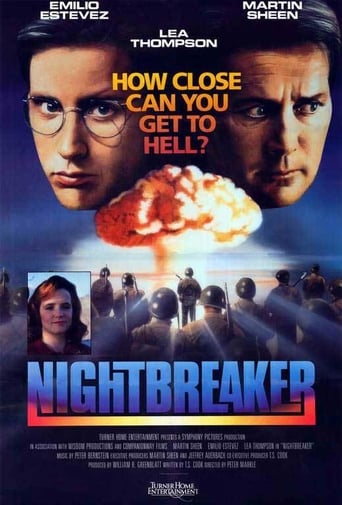


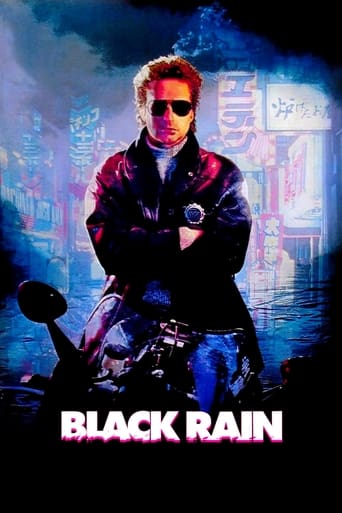




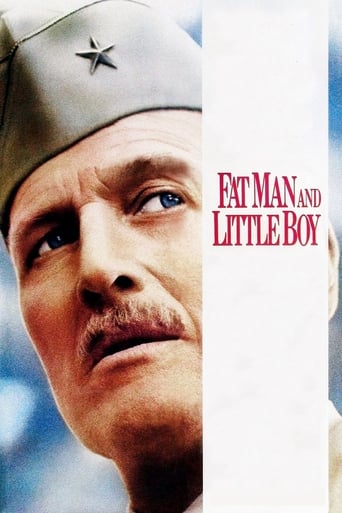
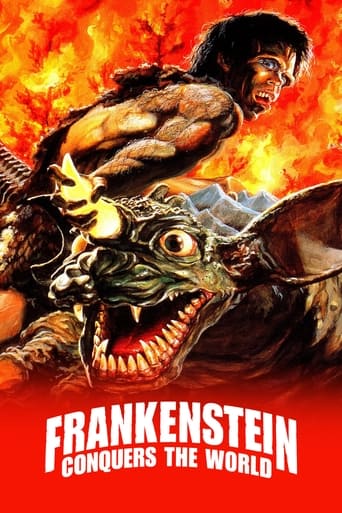



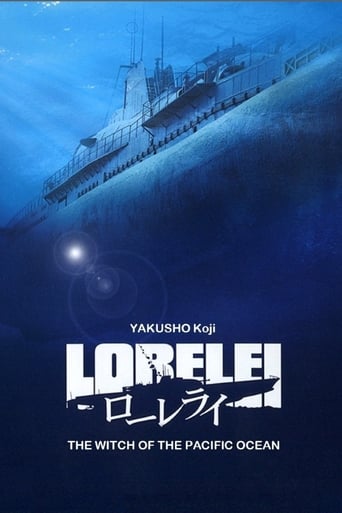




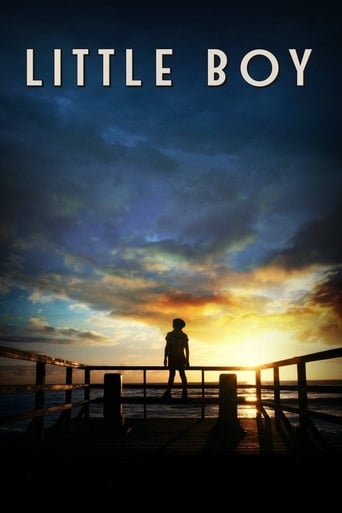




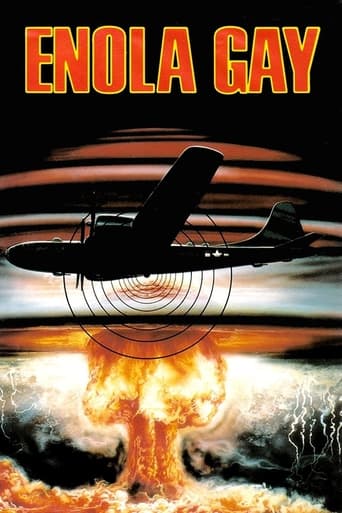


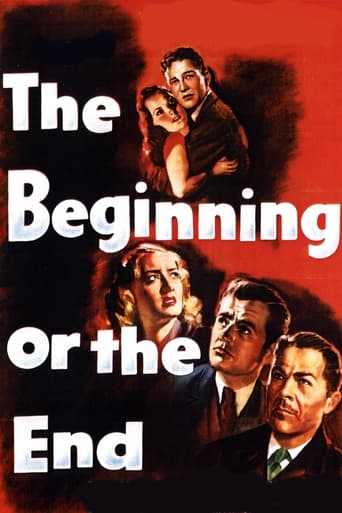

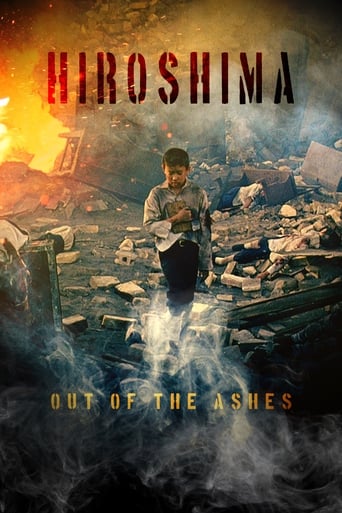


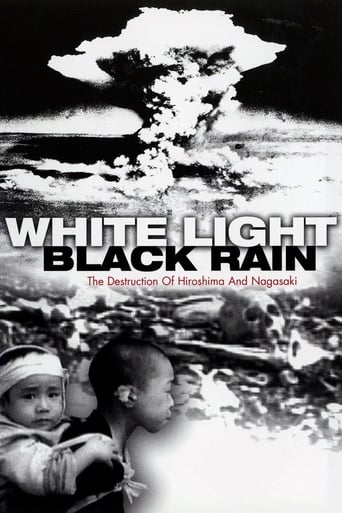
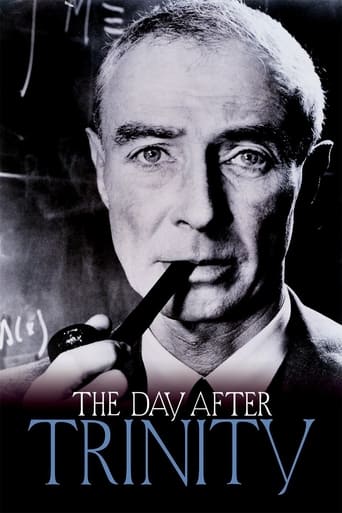

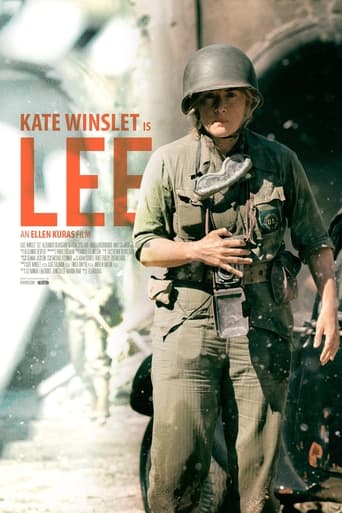
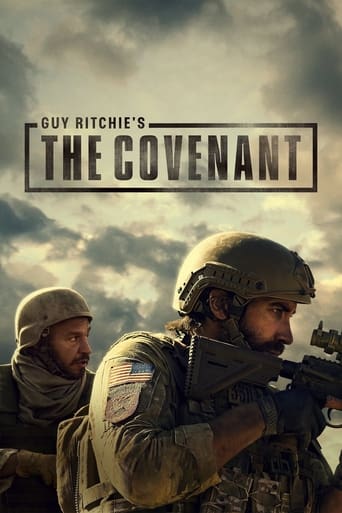
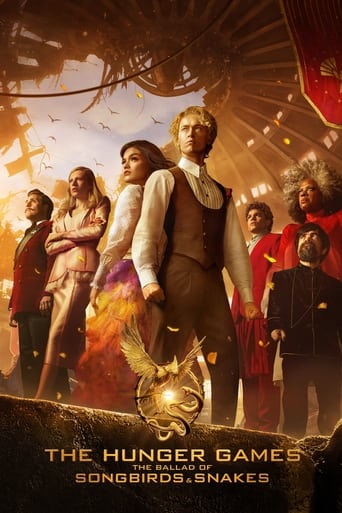
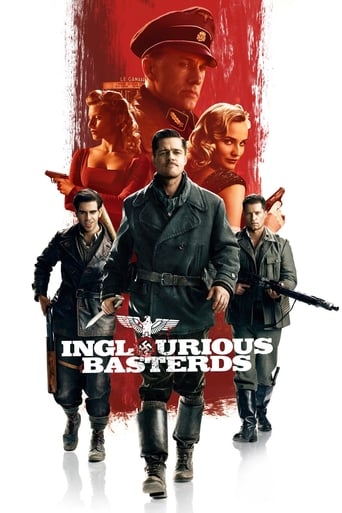


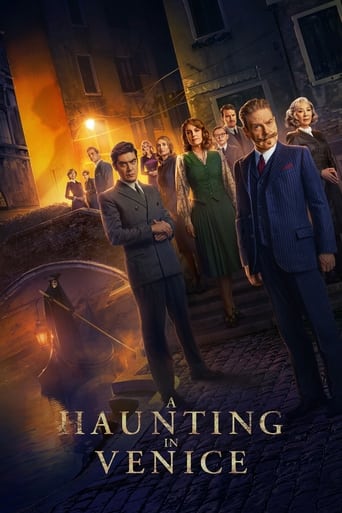
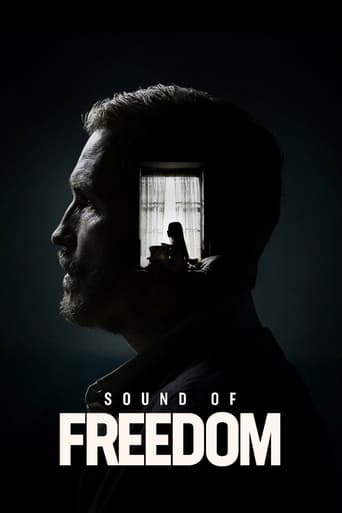
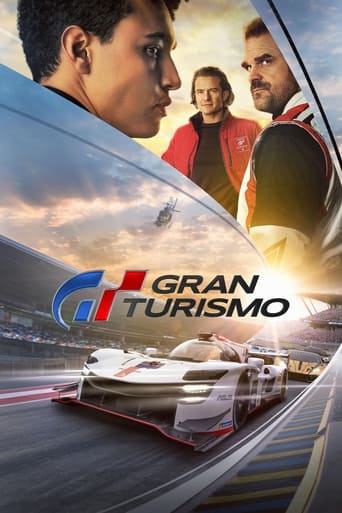

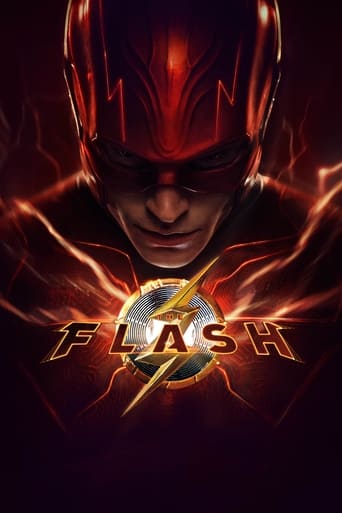
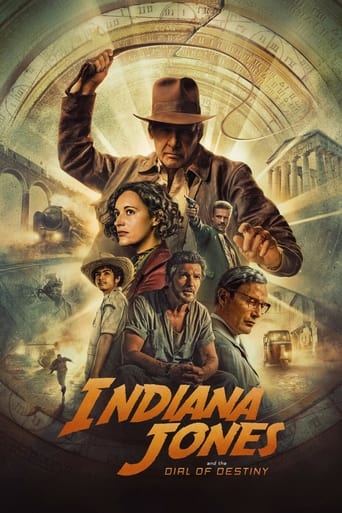
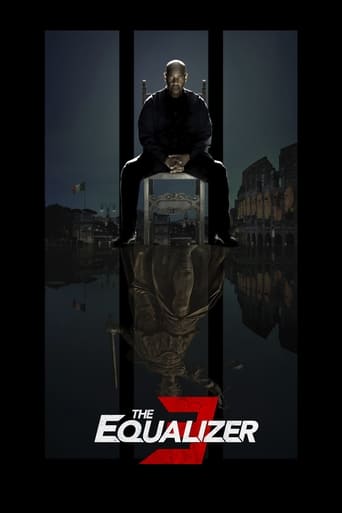
Day One
Hungarian physicist Leo Szilard leaves Europe, eventually arriving in the United States. With the help of Einstein, he persuades the government to build an atomic bomb. The project is given to no-nonsense Gen. Leslie Groves who selects physicist J. Robert Oppenheimer to head the Los Alamos Laboratory in New Mexico, where the bomb is built. As World War II draws to a close, Szilard has second thoughts about atomic weapons, and policy makers debate how and when to use the bomb.